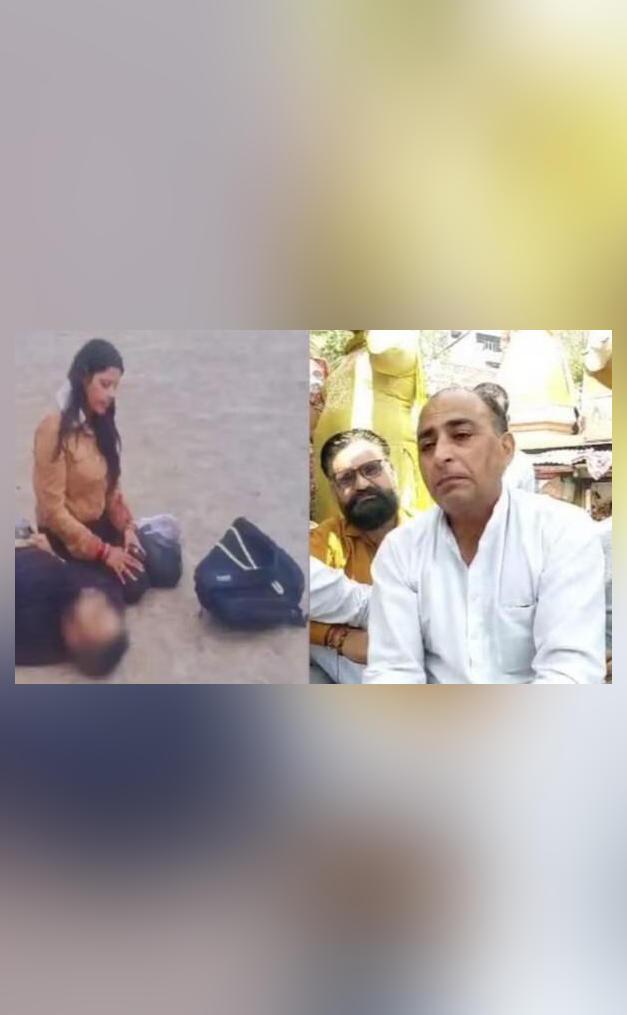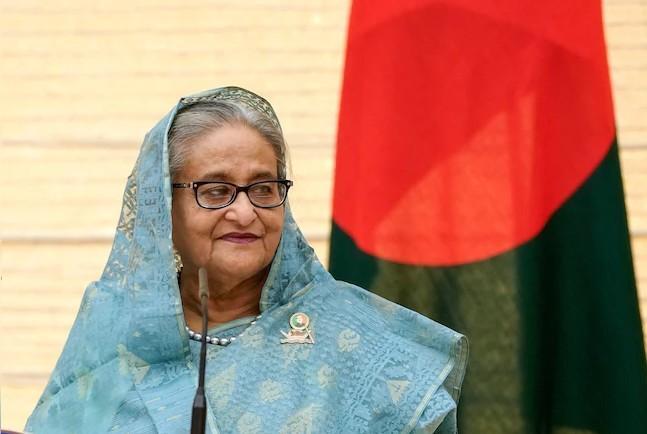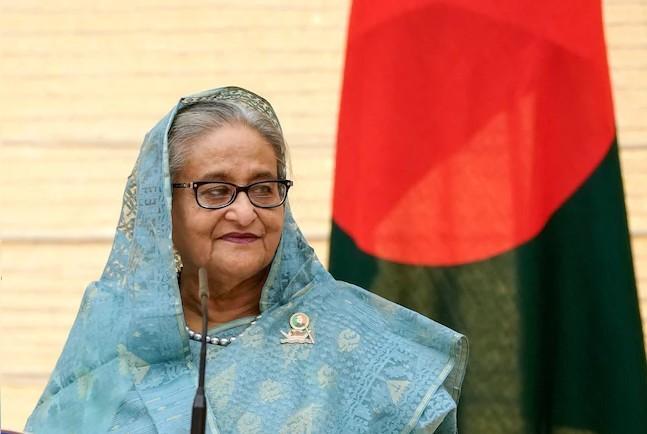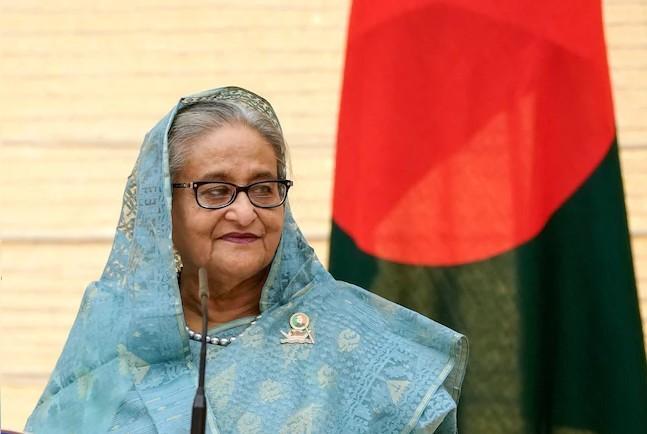
Asim Munir will know my pain if his son is killed: Father of Navy officer killed in J&K
In the aftermath of the gruesome terror attack in Pahalgam, Jammu and Kashmir, that took the life of Lieutenant Vinay Narwal, a young Navy officer, his father Rajesh Narwal is still grappling with the trauma and grief. The incident has left the family reeling, and Rajesh’s words are a testament to the devastating impact of such a tragic event.
In an emotional outpouring, Rajesh expressed his anguish and frustration, saying that he and his family members are struggling to come to terms with the loss of their beloved son. He directed his ire at Pakistan Army Chief General Asim Munir, saying that the latter would understand the depth of his pain only when his own son or daughter is killed in a similar manner.
“I’m still trying to come to terms with the fact that my son is no longer with me,” Rajesh said, his voice shaking with emotion. “I’m living in a state of constant trauma, and my family is suffering too. I wish General Asim Munir would understand my pain the day his son or daughter will be killed similarly. If I were given a gun to shoot his son or daughter, then he’d know the pain.”
Rajesh’s words are a poignant reflection of the devastating impact of terrorism on families and communities. The senseless killing of innocent lives, including that of Lieutenant Vinay Narwal, leaves behind a trail of grief, pain, and trauma that can be overwhelming.
The attack in Pahalgam, which occurred on August 29, was a particularly heinous one, targeting a group of tourists and civilians, including the Navy officer. The incident has sent shockwaves across the nation, with many expressing outrage and condemnation at the brutal act.
Rajesh’s outburst is also a reflection of the deep-seated anger and frustration that many Indians feel towards Pakistan, which is often accused of sponsoring or harboring terrorist groups that target Indian interests. The Pakistan Army Chief’s words are seen as a veiled threat, implying that the country would not hesitate to target Indian military personnel or civilians if provoked.
While it is understandable that Rajesh would feel this way, it is also important to recognize that the cycle of violence and hatred must be broken. As we mourn the loss of lives, including that of Lieutenant Vinay Narwal, we must also work towards creating a more peaceful and harmonious world where such tragedies can be avoided.
In the meantime, Rajesh’s words serve as a stark reminder of the devastating impact of terrorism and the importance of taking concrete steps to prevent such incidents from happening in the future. As a nation, we must come together to condemn such acts of violence and work towards creating a more peaceful and secure world for all.
For Rajesh and his family, the road to healing will be long and arduous. But as they navigate the darkest of times, they can take solace in the knowledge that they are not alone in their grief. They are part of a larger community that is also grappling with the trauma and pain caused by such senseless acts of violence.
As we pay tribute to Lieutenant Vinay Narwal’s sacrifice and courage, we must also acknowledge the pain and suffering of his family and the countless others who have been affected by terrorism. It is only by working together and standing united in our resolve to create a more peaceful world that we can hope to find a way forward and heal the wounds of the past.





